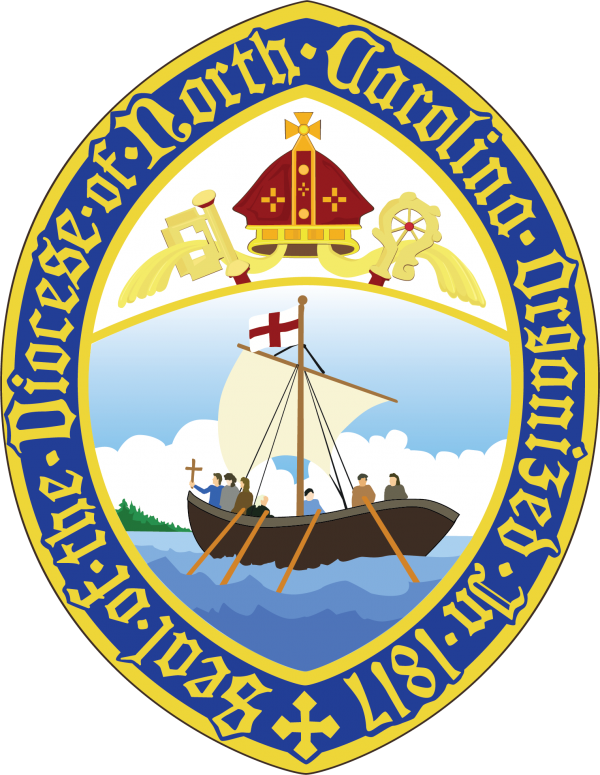Annual Parish Meetings

Every church in the Diocese has an annual meeting. We call them "annual parish meetings," (APMs) whether they occur in parishes or missions. From the perspective of church governance, the mandatory item of business at an APM is the election of vestry members. Typically, there are many other items on the agenda of an APM, such as an address by clergy and/or the senior warden, a report on stewardship and finances, information about church programs, etc.
At present, the regulations of state and local governments, as well as those of the Diocese, make it impossible for virtually any church in the Diocese to hold a traditional APM. On the other hand, at present the Canons of the Diocese explicitly prohibit holding an APM by means of a teleconferencing service such as Zoom. Canon 22.2(g)(4) does allow alternate methods of voting at APMs, but it is inapplicable when no APM can be held.
If this situation persists longer into 2020, or even into 2021, what happens to vestries? If your church elects the entire vestry every year, the answer is straightforward: the current vestry remains in office until an APM can be held. If your church elects one-half or one-third of your vestry every year and it is not possible to have an APM before the terms of some vestry members expire, your vestry has a choice:
- Your vestry may leave the expired positions vacant.
- Your vestry may fill the vacancies by its own action. Those elected will serve full two-year or three-year terms, as the case may be. As always, only enrolled confirmed adult communicants in good standing may serve on a vestry. The process for adopting new bylaws to facilitate this process is outlined below.
Bylaws governing the conduct of vestry business, including the manner for filling vacancies on the vestry, can be adopted by the vestry alone. No adoption or ratification by the APM of such bylaws is required; however, the Diocese must approve all new or revised vestry bylaws before they take effect. If your church and vestry currently have no bylaw that defines a quorum for vestry meetings, the Diocese recommends that your vestry adopt a bylaw stating that vacancies for any reason, including but not limited to expiry of terms, are excluded when calculating a quorum for a vestry meeting. If your vestry chooses to fill its vacancies, a bylaw describing the manner in which the vestry does so is also recommended.
While your vestry considers new bylaws, the Diocese recommends that it adopt a bylaw for the holding of vestry meetings by teleconference, as permitted by Canon 33.1, if it has not already done so. The bylaw may also authorize meetings of other bodies in your church by teleconference. The APM is the only meeting canonically required to take place in person; no church may pass a bylaw authorizing an APM by teleconference. Lastly, the Diocese recommends that your vestry review all its bylaws in case state, local or diocesan regulations arising from COVID-19 have raised other issues to be addressed.
Because of the time required for a vestry to review its bylaws, to discuss and to discern its way forward, and because of the delay to obtain diocesan approval of bylaws, the Diocese recommends that vestries take up these matters at least 60 days prior to the usual APM.
Even though an APM cannot be held by teleconference, the Diocese urges that a “virtual gathering” of the church be held by teleconference at the time of year when your APM usually is scheduled. Many of the items on the traditional agenda of an APM could be conducted during the virtual gathering. If your vestry chooses to fill its vacancies, the virtual gathering could include a non-binding straw poll among the congregation to identify persons whom the vestry might subsequently consider.
It is important, however, to maintain a distinction between a virtual gathering and an APM. Do not refer to a virtual gathering as an APM. The Diocese recommends that a traditional APM, compliant with the Canons of the Diocese, be held in person as soon as it can be done safely in accordance with state, local and diocesan regulations.
If you have questions about this process or require assistance, your point of contact is a regional canon or missioner of the Diocese who will engage the chancellor of the Diocese as needed.
